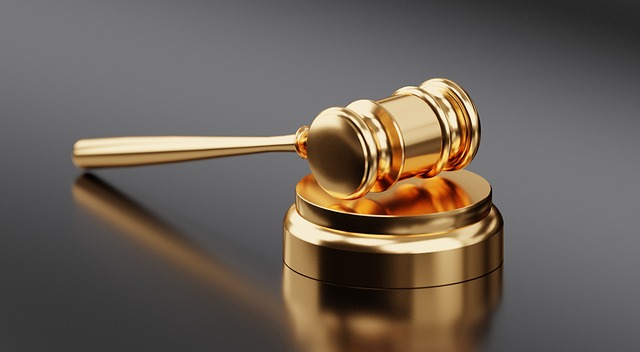
Since everyone has the right to live in a time of dignity, honour, and integrity, as we do in the present era, the right to reputation ought to be accorded the same protection as our other fundamental rights, including life, liberty, and property. Our legislation contains specific anti-defamation rules in order to ensure this. Furthermore, in India, defamation is both a criminal and a civil offense.
Criminal Defamation Meaning
- According to criminal defamation meaning, it is a type of offense that occurs whenever someone purposedly or carelessly ignores the truth in order to spread and circulate fraudulent information about any other person and damage the reputation of that person. It is necessary to spread and circulate this erroneous information to other individuals, both verbally as well as in writing.
- The primary characteristic that sets apart criminal defamation from a civil defamation action is the objectives that every individual seeks to achieve. To describe it in a simpler way, Indian law describes criminal defamation in IPC in detail under the virtue of Section 499 of the Indian Penal Code.
- Criminal Defamation Punishment: If someone is found guilty of defamation under the virtue of Section 499 of the IPC, they will face the punishment and penalties outlined under the virtue of Section 500 of the IPC, which can be either a fine or a simple imprisonment of up to two years.
Criminal Defamation: It’s Needs
- The objective of India’s criminal defamation in IPC is to prevent the reputations of influential people from malicious as well as derogatory comments that can easily jeopardize their standing in their professional and personal lives.
- The legal system starts to attempt to prevent the transmission for spreading of fraudulent information that can lead to disturbance and chaos among the general public by highlighting defamation as a criminal offense.
- The laws make sure that every individual can seek legal redressal whenever any false statements cause any significant damage by striking a balance between the right to freedom of expression and the protection of personal honour.
- Making defamation an illegal offense prevents individuals from making baseless cases that could have resulted in serious consequences as well as serves as an inhibitor against the malicious spreading or transmission of any false information.
- The legal system fosters accountability for posting false comments and provides people an opportunity to use the legal system to fix reputational harm. This contributes to maintaining societal trust.
Laws Pertaining to Criminal Defamation in India
Indian Penal Code
- Defamation is defined as a criminal crime in Section 499 and Section 500 of the IPC.
Criminal Procedure Code
- The process for pursuing criminal offenses, including criminal defamation, is outlined in this code.
Indian Evidence Act
- The guidelines for providing evidence in court, particularly in criminal defamation proceedings, are outlined in this code.
Criminal Defamation Case Laws
The important criminal defamation case laws are as follows:
- In the case of Arun Jaitley v Arvind Kejriwal, the High Court of Delhi ruled that the remarks that was spread by Arvind Kejriwal about Arun Jaitley were proved to be libelous and was mandated that he pay restitution.
- In the case of Ram Jethmalani v Subramanian Swamy, the Supreme Court held that there is a thin line distinction between legitimate criticism and defamation and that critique is not considered defamation until and unless it is directed toward the particular person’s reputation.
The objective of Indian court’s intervention in criminal defamation cases has been to strike a balance between the necessity to preserve any individual’s reputation as well as their right to free speech.
Criminal Defamation: Challenges
- Criminal defamation laws have the power and potential to stifle free speech because individuals must be reluctant to speak out their thoughts of being falsely accused of any case of defamation.
- Powerful people or various organizations may also abuse the laws on criminal defamation to stifle criticism as well as muzzle their opponents.
- In criminal defamation punishment trials, the burden of proof always lies with the accused person, which can make it more challenging to refute any false accusations.
Consequently, defamation needs to be investigated from a very new angle, with a different mindset of people, and with a unique ability for interpreting language. It is also the most important thing to remember that the court works day and night to offer a peaceful framework in these situations.
The delicate relationship between the right to free speech and the safeguarding of one’s reputation is reflected in the nature of criminal defamation in India. The law highlights how important it is to protect people from uttering false or damaging assertions while also emphasizing the need to allow people to voice their ideas and criticisms. A comprehensive grasp of intention, truthfulness as a defense, and the public interest in the freedom of speech are necessary for achieving the correct balance.









